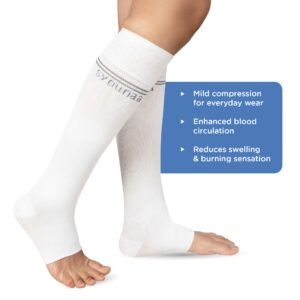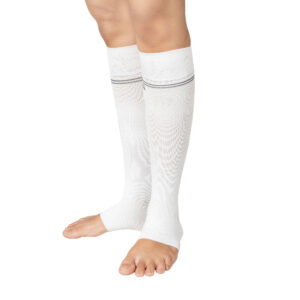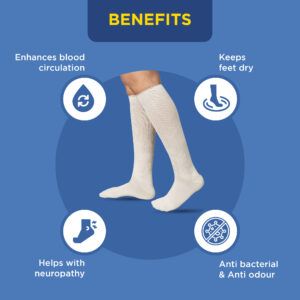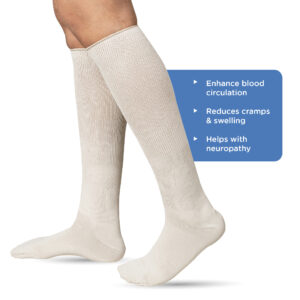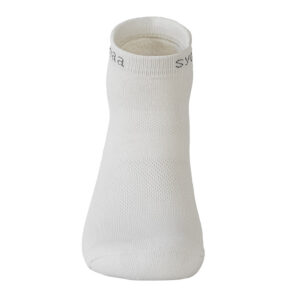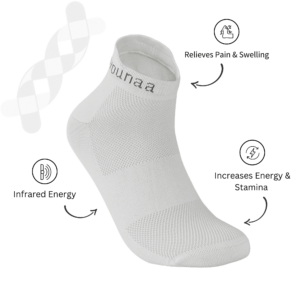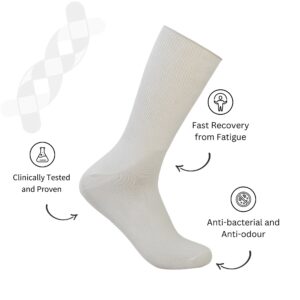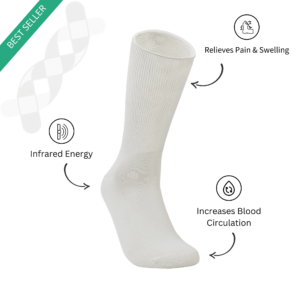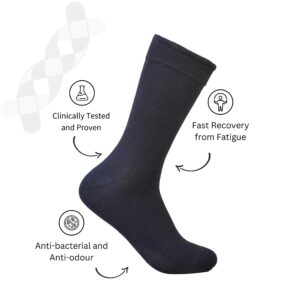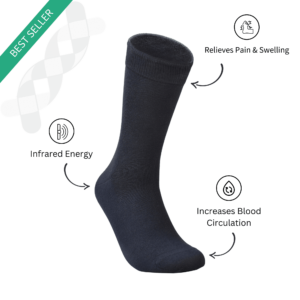Diabetics often have issues with their nerves, especially the peripheral nerves. Wouldn’t it be nice if they could reverse diabetic nerve damage? Is there even a way to reverse the damage caused by years of diabetes? Let’s find out!
A study conducted in 2010 showed that unlike the nerves in the spinal cord, peripheral nerves can regenerate if the damaged or broken nerves are able to join each other again. This usually works in the case of an injury where a person regains a lot of their movement as time progresses. Unfortunately, this is not the case for diabetics.
Around 50% of diabetics have some form of nerve damage. Unfortunately, it’s hard to reverse the nerve damage caused by diabetes. You can, however, take the precautions and prevent it from getting any worse.
Though it is not possible to reverse diabetic nerve damage, here are some ways to prevent it from getting worse:
Pain Relief
Nerve damage can be painful. Which is why those with diabetes often complain of having diabetic foot pain. There are more than one ways to get rid of the pain, Namely:
- Massage
- Physical therapy
- Warm-up exercise
- Acupuncture
- Chiropractic therapy
Sometimes one or more of the above therapies can give a diabetic some pain relief from the nerve damage. The increased blood flow from all the above therapies may induce healing and inflammation which will help you regain some lost movement that may have happened because of stiffness.
Exercise
Exercise is a crucial part of keeping your nerves healthy. Doctors recommend exercising for at least 30 minutes every day for 4-5 days a week. This includes a mixture of weight training, cardio etc.
If you exercise with the right shoes and socks, your legs are going to be far stronger and resistant to nerve damage. Exercise also stimulates blood flow which soothes the inflammation around your nerves.
Therapeutic Footwear
Therapeutic footwear is also a great way to keep foot pain at bay. Therapeutic diabetic socks are designed to soothe damaged diabetic nerves. They promote oxygenation around the damaged parts of the feet encouraging the nerves to work more efficiently.
If you have diabetic nerve damage, we always suggest wearing diabetic therapeutic socks and the right fitted comfortable shoes.
Quitting Sugary Processed Foods
Researchers argue that triglycerides are responsible for nerve damage. Triglycerides are mostly found in sugary and/or fatty processed foods.
Sweet beverages, cakes, pasta, taste great right during the moment but they add triglycerides in your diet. Triglycerides may not directly damage the nerves itself but it can damage the blood vessels that supply blood to the nerves.
Another drawback with processed sugary and fatty food is that it adds too many unrequired calories. Just one meal in a fast-food restaurant can give you 700 – 1000 calories; that’s 70-90% of your total calorific requirements for the day!
If you continuously eat junk food, you may gain weight from the excess calories. The weight gain also inversely affects your nerves especially your peripheral nervous system. The peripheral nerves have to function under the pressure of our entire body. It may collapse under the pressure if you are obese.
Quitting Smoking
It’s bad enough that smoking increases your chances of getting diabetes but it also increases your chances of getting peripheral neurosis.
Smoking narrows your arteries leading to poor blood circulation. When the peripheral nerves are deprived of oxygenated blood, they are far less likely to perform well. As a result, you may see reduced sensation around your feet.
If you stop smoking, you may not be able to reverse the effects of the years of nerve damage but you can definitely prevent it from getting worse.
Lose Weight
There are many benefits to losing weight, especially belly fat. When you are overweight or obese you put a lot of pressure on your feet. This leads to significant nerve damage. The nerves are just overpowered by the weight of the body that they can’t seem to perform as well as before.
By losing weight, you take the pressure off your nerves and regain better blood circulation. This may enable you to gain a lot of functions you may have lost in the past. Though this may not reverse nerve damage it will definitely improve nerve function because the nerves that are partially damaged or haven’t been used because of inflammation, may heal from the ordeal.
Proper Sleep
Studies have shown that proper sleep improves blood sugar management. With reduced sugar in the blood, there are lesser chances of more nerve damage.
With the simple routines above you can maintain nerve health and even regain some sensation and functionality around your nerve endings. Though there is no distinct study that states the reversal of nerve damage, many diabetics were able to live a normal life with regained sensation and movement around their feet by changing their life upside down.
It’s not easy to change old habits and bring in new ones, but these changes are crucial for your overall health. It may, in fact, reduce your dependency on others and help you live an independent happy life.














